What Can Teens Do When They Get Canceled?
One Answer: Stand by Friends and Refuse to “Play”
The definition of cancel culture: “Cancel culture or call-out culture is a phrase contemporary to the late 2010s and early 2020s used to refer to a form of ostracism in which someone is thrust out of social or professional circles – whether it be online, on social media, or in person.”
At a recent high school assembly, I invited students to give feedback on my presentation by letting me know which subject they would like more information on. I received a unanimous response: “We need help with cancel culture.”
My presentation that day identified cancel culture as a primary obstacle to sexual safety, since it prohibits teens from reporting sexual violence (for example) for fear of being ostracized or “canceled” by peers. But even when a report is made, cancel culture can wreak havoc during the aftermath of an assault, when teens might choose to pick sides in a bid to uphold their social standing.
I’ve seen victims canceled so severely they had to change schools. I’ve seen offenders canceled too, and while there’s cause for the kind of fear and confusion that produces cancel behavior, what happens most often is a “he said/she said” stand-off that prohibits young people on both sides from learning anything.
Given the fact that cyber bullying among teenagers rose 70% during the pandemic, cancel culture for youth has taken on new and disturbing dimensions. One of the most difficult being: how to respond. Being canceled strikes a particularly hard blow since peer relationships are central to life for most young people.
Dr. Agnes Callard, a Professor of Philosophy at the University of Chicago, wrote an opinion piece for the New York Times, titled, “If I Get Canceled, Let Them Eat Me Alive.”
As she describes in her article, Dr. Callard had experienced academia’s version of cancel culture, and comments on “how good it felt when people defended me on Twitter: a balm on my wounded soul. I desperately wanted people to speak up for me. I wanted to defend myself, too.”
What Dr. Callard observed, however, is that defending her stance and position only added fuel to the fire, creating greater ammunition for the opposing side to further cancel her. She discovered over time that, “there was no “winning” this war; every act of defense and every show of loyalty served to keep the fight alive…You imagine that you are fighting against the mob, but actually you are becoming a part of it. Within the mob there is no justice and no argument and no reasoning, no space for inquiry or investigation. The only good move is not to play.”
As an adult, Dr. Callard had her friends, her husband, her colleagues and an established career to fall back on when she was ostracized by peers. But when a teenager gets canceled it can feel like being stranded on an island devoid of people. And for teens, not having people is akin to not fully having a Self, since teens create themselves through the relationships they have with other teenagers.
Cancel culture, as Dr. Callard’s article points out, affects people of all ages. And there are rare examples where this social response is appropriate and even necessary, as was the case with Harvey Weinstein. Weinstein assaulted more than ninety women during his thirty-year rein at Miramax, and is the epitome of a sexual predator. When he lost his millions, his empire and his freedom, it was a cause for celebration, especially for the survivors who came forward during the #MeToo movement.
But there is a world of difference between Harvey Weinstein and a seventeen-year old who has yet to pay for their own health insurance or rent on their first apartment. The opposite of peer pressure, being canceled annihilates an individual’s sense of being part of something. For the person initiating the canceling, the efforts can be calculating and vengeful. For the person experiencing it, the results can be devastating.
So, how can counselors, teachers and parents help teens manage the threat of being canceled? By helping them learn how “not to play.”
Here are some suggestions for talking with teens about cancel culture:
Encourage teens to stand by their friends if and when they experience cancel behavior.
Help teens avoid “picking sides” by asking questions that support healthy boundaries, like: “What would you say if you were pressured to cancel someone?”
Support teens in developing a verbal response to that pressure like, “I don’t engage in cancel culture.” Or, “I have better things to do with my time than ostracize someone.”
Build empathic response by asking teens what it might feel like for the person being canceled.
Young people need guidance in managing the challenges of peer pressure, cyber bullying and cancel culture. At Be Strong, Be Wise, we help teens separate from these forces by identifying more fully with who they are as people. As one of our students said, “Be Strong, Be Wise gave me a third eye I never knew existed.”
For more information on our program for youth, go to: https://www.bestrongbewise.com/programs-for-youth

